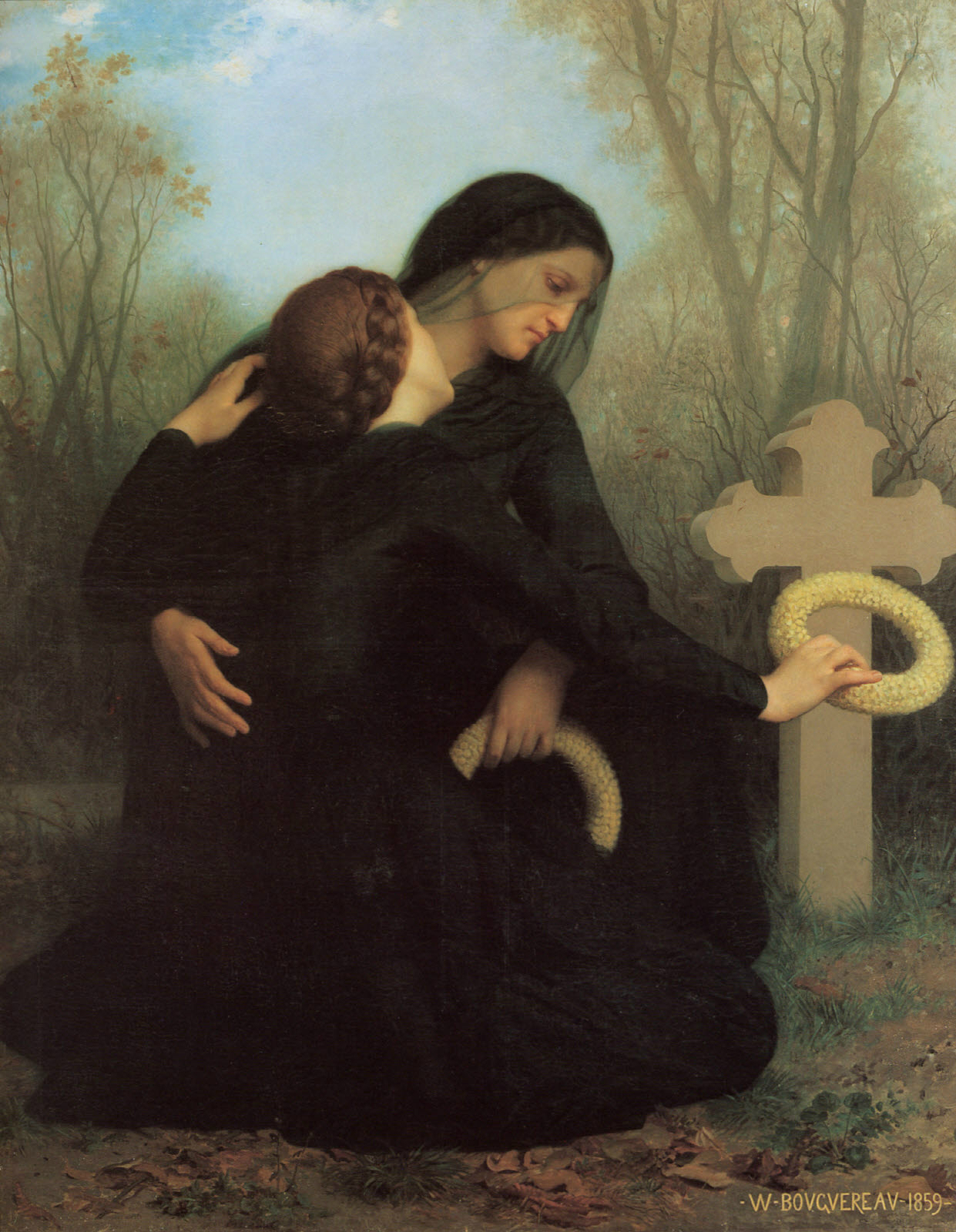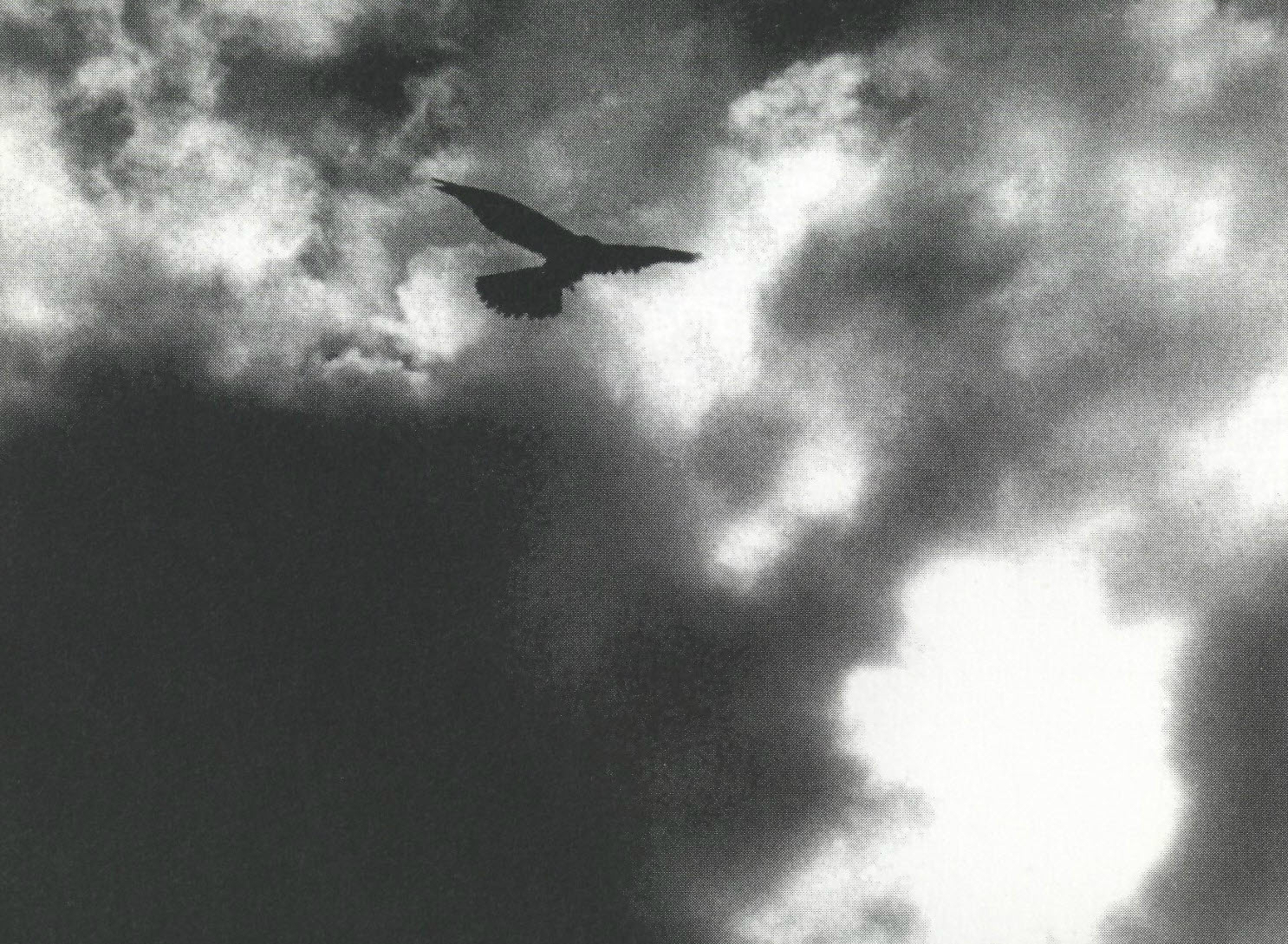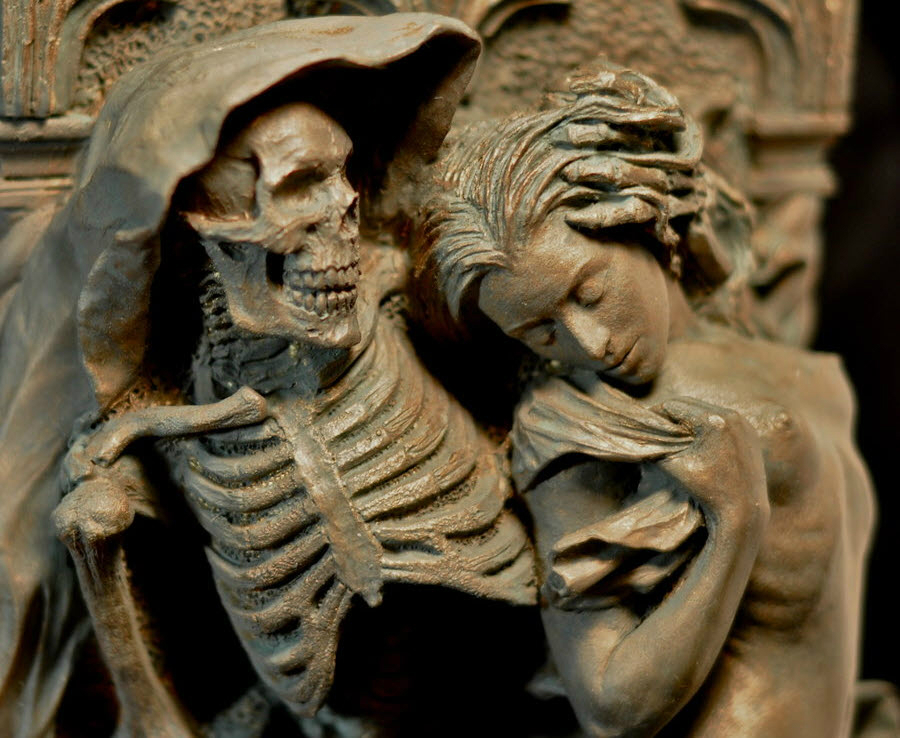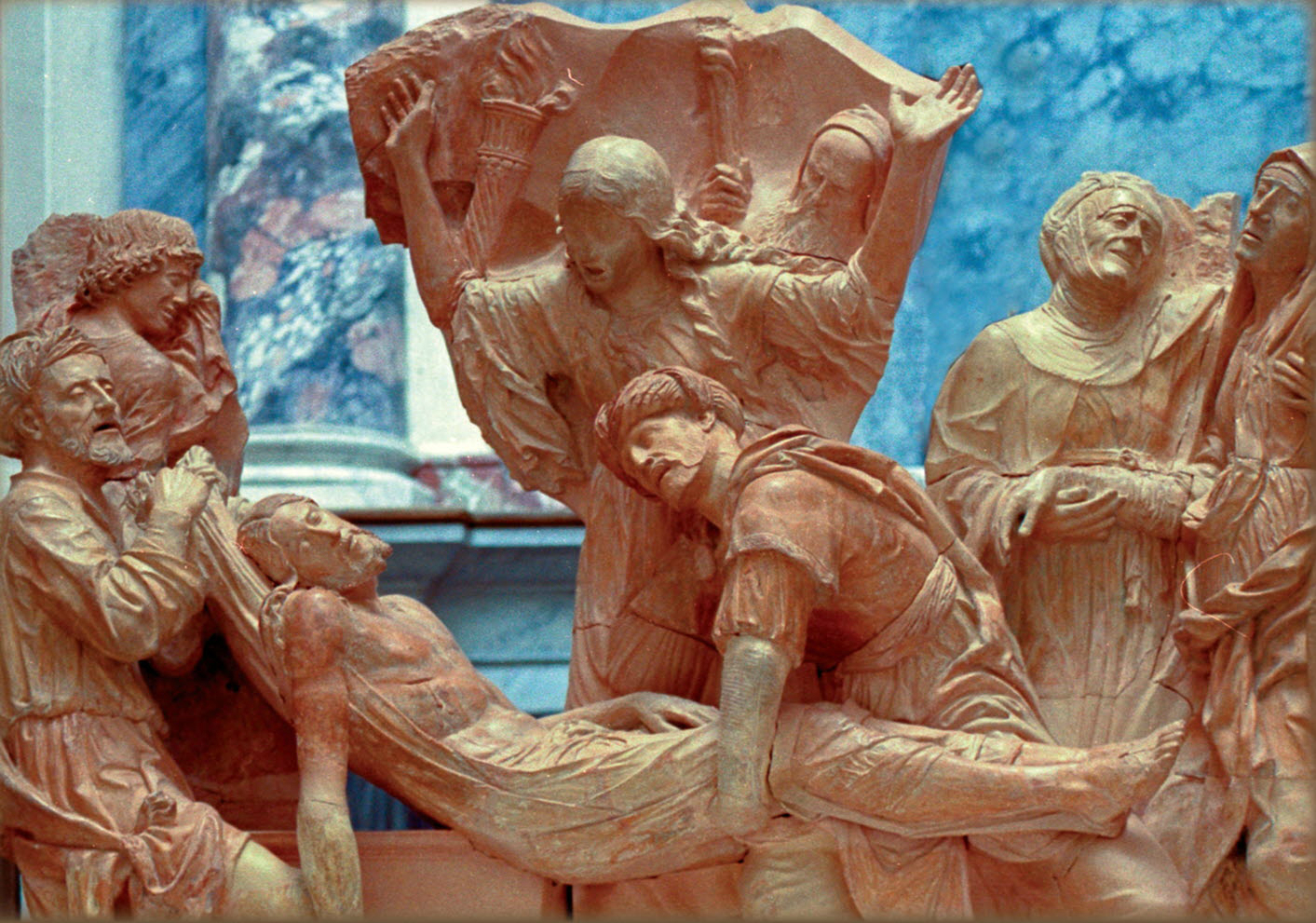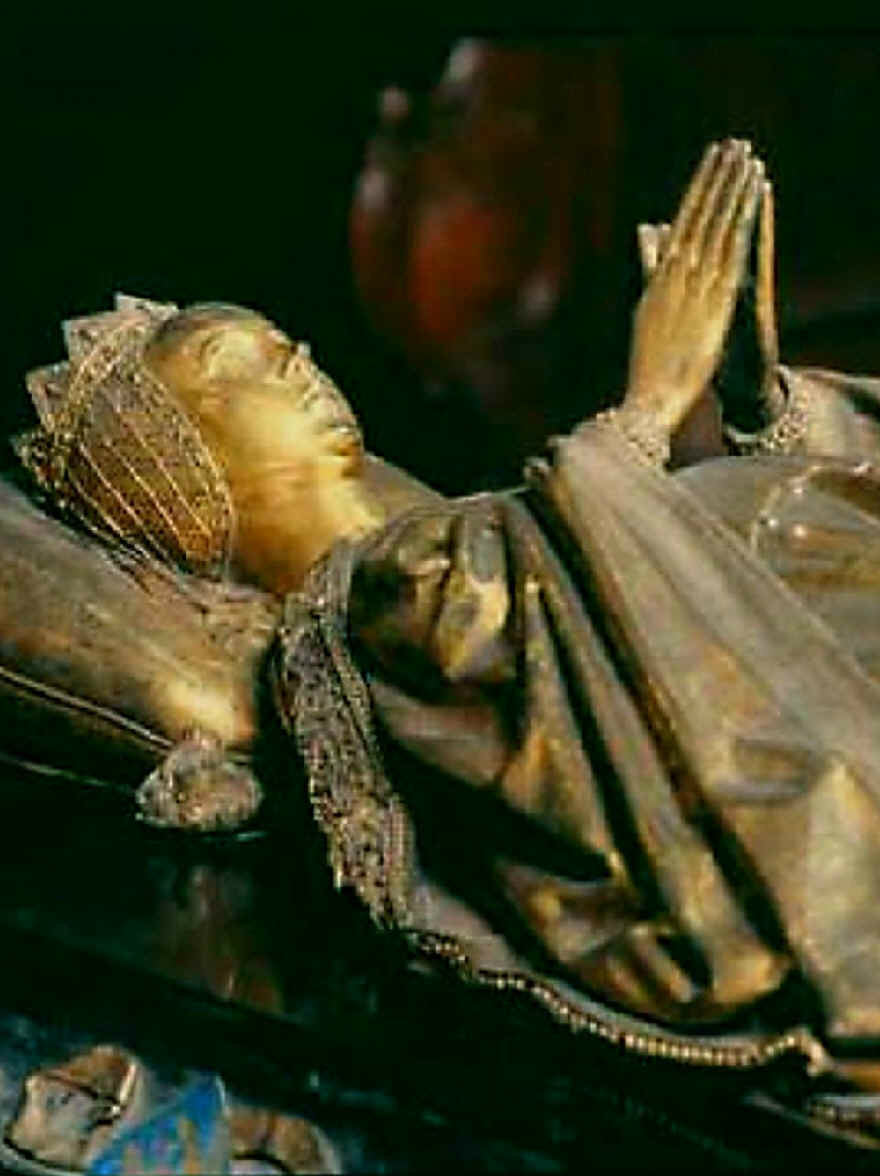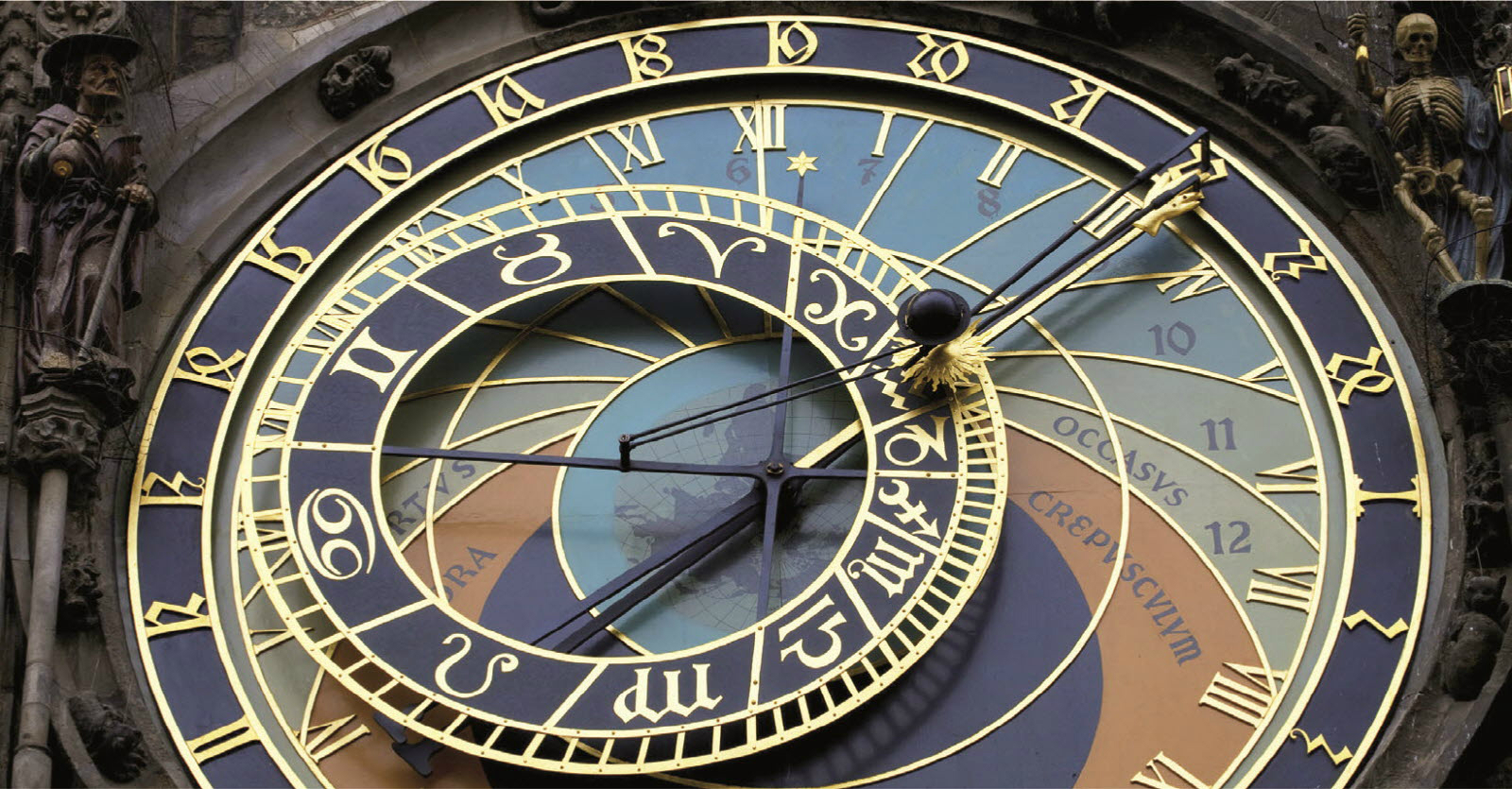
김의경 수녀 (세례명: 프란체스카 / 수도명: 마리아 막달레나 1916 - 2014) Missa Pro defunctis a 6 (1605), "Requiem" (44:02)
O sacrum convivium a 4
Vidi speciosam a 6
Surrexit pastor bonus
Review VICTORIA Officium Defunctorum. O sacrum convivium à 4. Vidi speciosam à 6. Surrexit pastor bonus • Georg Grün, cond; Saarbrücken CCh • RONDEAU ROP 6042 (57:39 Text and Translation) Not the choir’s first recording, just the first to have come my way, the group offers a work that has been in its repertoire since it was formed in 1990, filled out with three motets that each has some theological connection with the Office of the Dead: Eucharist, Assumption, Read more Requiem , the published work’s title of Officum Defunctorum (Office of the Dead) recognizes that the Mass movements are filled out with a lesson from Matins, a motet Versa est , and the responsory Libera me that was sung for the burial rites, though all this is still far from a complete Office. The choral tone is lovely, enhanced by a warm acoustic environment (an abbey church). The composer’s final masterpiece has had several recordings recently, including those from Nigel Short ( Fanfare 35:2) and Harry Christophers (29:3) that ranked with the best of the older versions, those of David Hill (11:2; CD in 11:3) and Peter Phillips (11:2, just reissued in a set). The Christophers review summed up the matter in more detail. Here the choir of about 35 is larger than the vocal ensembles, but the sound is so light and homogeneous that it has the weight of a smaller group. Since vocal ensembles seem to dominate Renaissance music, the real competition for this disc is David Hill’s Westminster Cathedral choir of men and boys. In either of these versions, the power of dynamic contrast serves the music well, and both choirs enjoy superb acoustics. Hill showed a special affinity for Victoria that reflected his choir’s long devotion to the composer, so Georg Grün needs to prove his grasp of the music. This he does, making the disc a choice that many buyers will not regret. Vidi speciosam is the familiar six-voice setting recently recorded by Harry Christophers (26:5) and earlier by David Hill (8:5; CD in 12:2). The other two motets are most readily available, it seems, in Michael Noone’s recent Archiv disc (not received for review). Hence the motets are a valuable addition to the program, which adds one more contribution to the composer’s anniversary.
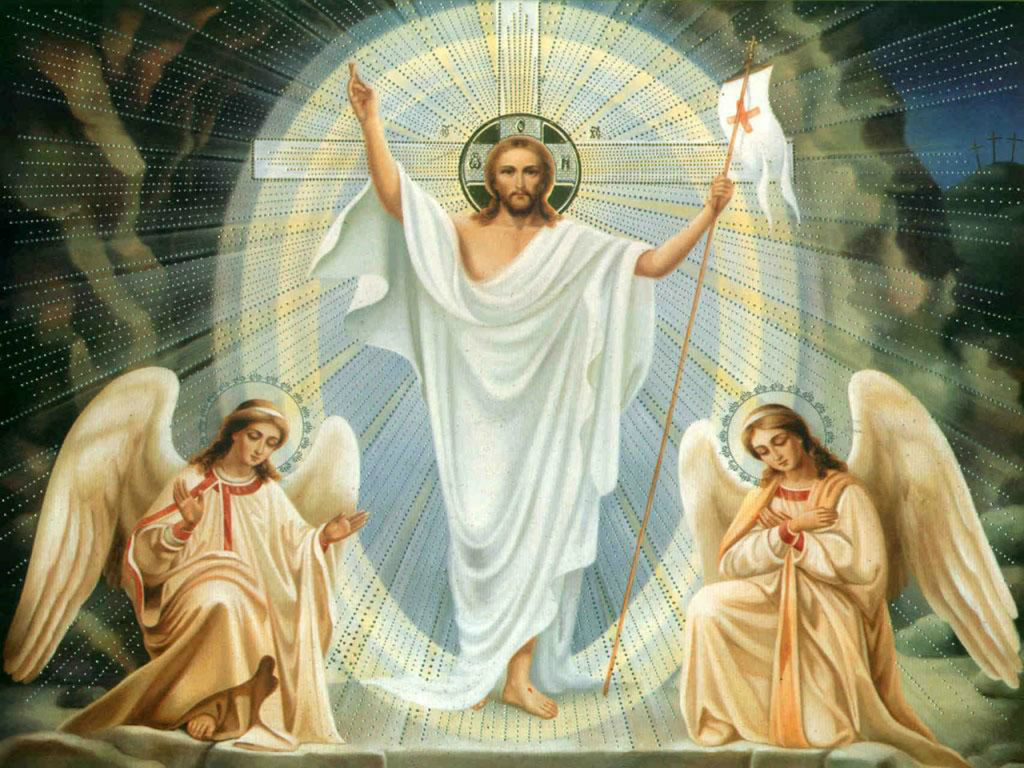
|
